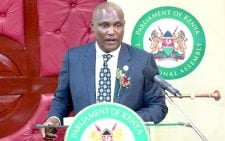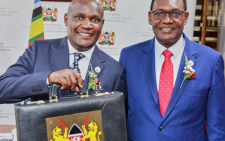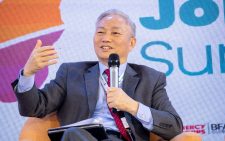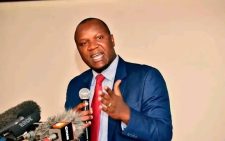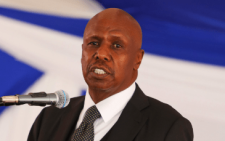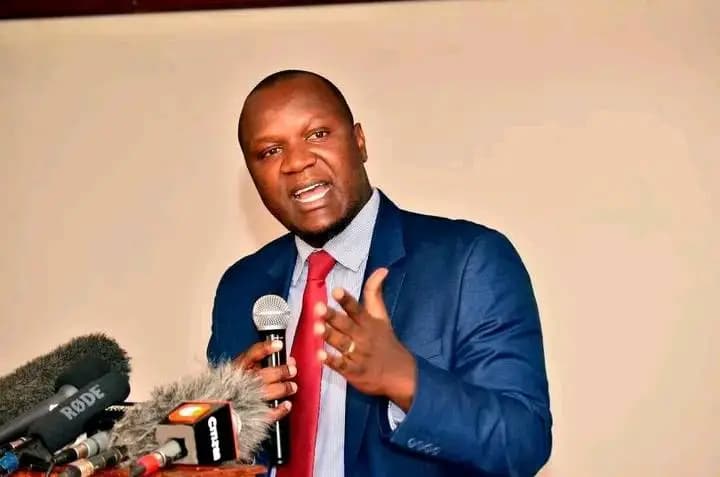Reprieve as fuel marketers get Sh34b subsidy
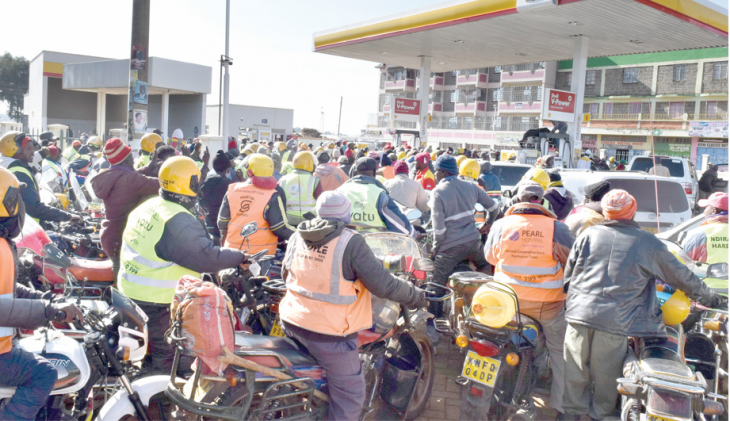
The National Treasury will today release Sh34.4 billion for fuel stabilisation to cushion Kenyans from the high cost of the product amid the ongoing fuel crisis across the globe.
President Uhuru Kenyatta assented to the Supplementary Appropriation Bill yesterday that allows the Treasury to withdraw Sh139.7 billion from the Consolidated Fund.
The amount comprises Sh104.5 billion and Sh35.2 billion funded under the Appropriations-in-Aid.
Last Thursday, Parliament approved the appropriation of Sh10 billion for the stabilisation of fuel prices.
Moving the Supplementary Appropriation Bill, Budget and Appropriation Committee chairman Kanini Kega said the shortage has been unprecedented and asked members to approve the allocation without delay.
Monopolistic cartels
“The crisis that we see in the world has not spared Kenya. Fuel prices in Kenya are a bit lower than in Uganda due to the fuel subsidy. In Uganda, a litre goes for Sh160 while in Kenya at Sh134,” Kega said.
Supplementary Budget has been occasioned by the need for funding towards drought related interventions, security operations, election preparedness, fuel stabilisation and pending bills.
Treasury will pay oil marketers billions of shillings over the next two months to keep pump prices stable despite a jump in the global cost of the commodity.
By passing the Supplementary Appropriation bill, parliament authorised the issue of Sh139 billion out of the Consolidated Fund and their application towards the service of the year ending June 30 and to appropriate the money for certain public services and purposes.
But speaking at this Karen residence, Deputy President (DP) William Ruto maintained that the government had created an artificial fuel shortage that had put the nation in an economic distress.
He said millions of Kenyans were in agony as fuel pumps run dry and queues grow longer due to the shortage that has already disrupted the transport sector and hospitals, which rely on the crucial commodity.
“The government knows that millions of households cannot cope with these prices and are now forced to dig deeper into their pockets for bus-fare and boda-boda operators are being driven out of business,” said Ruto.
Ruto, who was flanked by Amani National Congress (ANC) leader Musalia Mudavadi and Garissa Township MP Aden Duale, demanded that the National Treasury and the ministries of energy, petroleum and that of agriculture invoke the consumer protection mechanism to cushion Kenyans from adverse fluctuations in fuel prices.
“This mechanism is financed by the taxpayer at the pump through the fuel levy. Where is the Sh39 billion Petroleum Development Fund meant for the fuel subsidy programme? The Auditor General has already raised queries on the irregular and illegal diversion of this consumer protection funds to State agencies and unnamed private entities,” said Ruto.
He noted that the Auditor General had also decried abuses on the petroleum import systems in favour of some preferred and politically connected oil marketers deliberately depriving Kenyans of the subsidy mechanism.
“Can the ministry list the import quotas that have been allocated to oil marketers over the last one year by name? The Petroleum Products (Taxes and Levies (Amendment) Bill, 2021), whose passage has been frustrated, should be processed in parliament as a matter of national emergency,” he added.
According to the DP, there is a collusion between monopolistic cartels and economic saboteurs on the one hand and incompetent public officials on the other.
The supplementary budget allocated an additional allocation of Sh950 million towards the recruitment of police to boost the numbers in the country ahead of the general elections. The mini budget has also allocated Sh8.8 billion to IEBC to enable it sufficiently prepare for the polls.
In addition, the budget has allocated Sh4.9 billion to NG-CDF. In the light of the CBC education system being rolled out in the country, the mini budget has allocated Sh6.9 billion to the Teachers Service Commission to cater for salaries and another Sh2 billion for the construction of additional classrooms
Kega said the NG-CDF money will assist in the completion of stalled projects in constituencies as the current term comes to an end.
Huge amount
To cushion Kenyans against the biting drought, Sh15 billion has been appropriated to purchase food aid and buy starving livestock from the affected people.
Kega said in its intentions to contain the Covid-19 pandemic, 50 new Level 3 hospitals will be constructed in all the 47 counties.
“The initiative has been a success in Nairobi County where over 20 Level 4 hospitals have been put up. This has helped to ease pressure on the Kenyatta National Hospital, we want the same to happen in other counties,” Kega said.
Money has also been appropriated to address the issue of pending bills that have been outstanding for many years.
The Kieni MP, however, did not disclose the amount set aside to pay pending bills.
As at September 2020, pending bills stood at Sh28.3 billion most of it going to infrastructure and supplies.
Kiharu MP Ndindi Nyoro dismissed the move to allocate money to settle pending bills which he said has been a promise for many years under the Jubilee administration but has not been fulfilled.
“The issue of pending bills has been a song here in Parliament, President Kenyatta himself has been on record directing that the bills be settled but nothing has been done. We need to be truthful to our people, businesses have gone down as the government holds their dues,” Nyoro said.
Nyoro also protested the huge amount of money allocated to Security and Defence dockets even as Kenyans beg for money to be set aside for the purchase of fertiliser.
The National Treasury is the biggest beneficiary with an allocation of Sh20.7 billion followed by the Defence ministry (Sh14.2 billion) and the Energy ministry with Sh9.2 billion for power transmission and distribution.
The Ministry of Petroleum and Mining has been allocated Sh6.7 billion for exploration and distribution of oil and gas.

